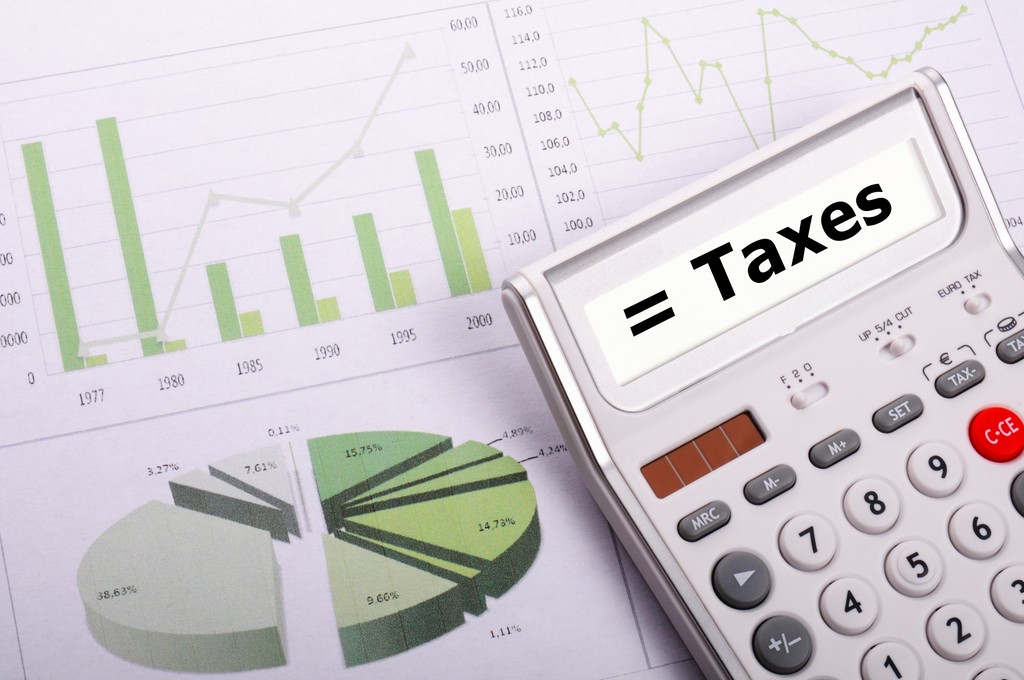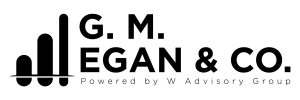Many Australian workers have work-related travel or prolonged stays away from their normal residence, which presents complicated tax scenarios. It’s critical to comprehend the tax ramifications of such arrangements whether you’re managing a project in a different state or evaluating a remote site.
Understanding Living Away From Home Allowance (LAFHA)
To assist employees in covering the costs of temporary relocations for work, the Living Away From Home Allowance was created. This allowance is intended to lessen the financial strain of maintaining a second household due to work requirements. It usually covers necessities like accommodation and daily meals. Crucially, the benefits of LAFHA are designed in such a way that they are not included in your taxable income. This means that rather than adding to your tax liability, they only offer cash relief.
Tax Deductions for Working Away From Home
Even though LAFHA pays for necessities, there are numerous other work-related expenses that can be written off. These include:
Transportation costs
Transportation expenses can add up quickly when working remotely. This covers not just the price of travel tickets for flights or trains to and from the destination, but also the cost of local transportation like taxis, car rentals and public transportation. When these costs are used exclusively for business—for example, transportation between locations—and do not involve taking personal trips while on a business trip, they are deductible.
Specialised clothing
Specialised clothing is more than just uniforms for many professions. Safety boots, hard hats and even particular kinds of high-visibility apparel needed by certain industries like mining or construction are examples of it. When used solely for work-related purposes, these items are deductible because they are deemed necessary for the worker’s safety and compliance.
Equipment and tools
Depending on the profession, different tools and equipment may be required for different tasks. In contrast to photographers who need a variety of cameras and lenses, geologists may require specialised geological equipment. These tools must be necessary, not just helpful, in order to carry out job duties. Deductions are available for the costs associated with buying, maintaining and occasionally renting these tools.
Professional and trade association fees
In some professions such as accounting law or medicine, keeping up professional memberships or licences can be essential to employment. Other deductible expenses include membership dues, fees for professional development and mandatory continuing education courses required to keep one’s professional standing.
Claiming Expenses Without LAFHA
If you are not eligible for LAFHA but have to pay for meals, accommodation and business travel out of pocket, you may be able to deduct these costs from your taxes. However, these must be distinguished from personal relocation expenses which are typically non-deductible. The crucial element is that these costs have to be directly related to the requirement of carrying out work-related tasks away from your usual place of employment.
Work-Related Travel Allowance
If you take shorter business trips, you will receive travel allowances which are part of your assessable income and do not apply to LAFHA. These reimbursements are intended to cover the actual costs of travel such as accommodation, meals and incidentals. Keep thorough documentation and receipts in order to deduct these costs from your taxes. If the allowance surpasses the reasonable amount set by the ATO, it must be declared. Only legitimate expenses that can be verified are eligible for deduction.
Strategic Tips for Managing Tax Deductions
- Detailed Record Keeping: To improve record-keeping, comprehensive logs of dates, locations and the reasons behind each expense should be maintained. This paperwork is essential for supporting claims made during tax assessments.
- Understanding Allowance Details: It’s critical to understand how travel allowances and LAFHA differ in terms of tax treatment. Each has different ramifications for your tax returns and possible write-offs.
- Professional Tax Guidance: Because working from home has many complex tax deductions, it’s often necessary to obtain professional guidance in order to successfully navigate these deductions. Important advice and insights can be obtained from a certified accountant or tax adviser.
Common FAQs
Can I claim rent if I work away from home?
Permanent relocation expenses are usually not deductible but costs for interim housing may be. Deductibility is determined by taking into account the length of stay and the reason for the visit.
Are food expenses deductible?
If dining expenses are incurred while on business travel and involve an overnight stay, they are deductible. In the event that the stay is prolonged or involves personal activities, these deductions might not be relevant.

This comprehensive guide should help employees and employers alike navigate the nuances of tax deductions related to working away from home. For personalised advice tailored to your specific circumstances, consider reaching out to GM Egan’s team of expert accountants. They are well-versed in handling complex tax situations, including those involving FIFO workers and other specialised employment arrangements.

